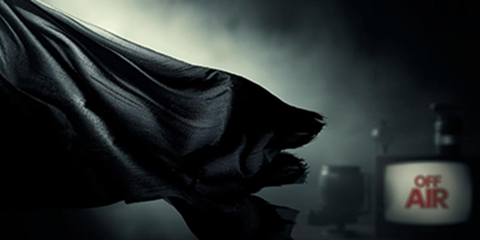
PFUJ recalls November 3, 2007 emergency as Pakistan’s darkest day
November 03, 2025: PFUJ recalls November 3, 2007, as Pakistan’s darkest day under Musharraf, urging protection for journalists and the abolition of laws threatening press freedom.
JournalismPakistan.com | Published 8 years ago
Join our WhatsApp channel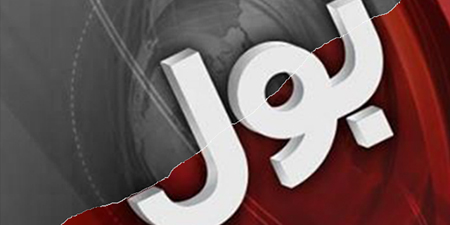
ISLAMABAD – After many months of troubles and tangle with the law, BOL News finally switched to its regular transmission Sunday.
For over two months, the channel ran its test transmission.
The main headline in the news bulletin announced the launch that coincided with the birth anniversary of Quaid-i-Azam Muhammad Ali Jinnah.
For BOL, it has been a journey made difficult by a string of controversies. The channel ran into problems with the authorities that prevented its launch in 2015.
The trouble began when a New York Times story in May 2015 claimed BOL’s main company Axact was engaged in business of selling fake degrees to students.
This led to the arrest of CEO Shoaib Ahmed Shaikh and several of his managers who languished in jail for 15 months before being set free. The channel’s licenses were also suspended.
It is widely believed BOL was targeted by the authorities and the big leaguers of Pakistani media just when it was about to take off and therefore could never go on air that year.
It is said that BOL Media Group’s rivals, among them Geo, feel threatened by its strong financial muscle and latest technology.
Only this week BOL and Geo traded accusations after news surfaced of an Axact executive being charged by a US court in a fake degree scam.
On the eve of its launch, alarm bells began to ring loud for BOL when PEMRA served a show cause notice to Labbaik (Pvt) Ltd, licensee for BOL News and BOL Entertainment for not getting security clearance of four directors.
However, the channel pressed ahead and launched much to the relief of its staff and well-wishers.

November 03, 2025: PFUJ recalls November 3, 2007, as Pakistan’s darkest day under Musharraf, urging protection for journalists and the abolition of laws threatening press freedom.

November 02, 2025: PFUJ urges Pakistan’s federal and provincial governments to end Impunity for Crimes Against Journalists and ensure their safety and press freedom.

November 02, 2025: Impunity for crimes against journalists deepens worldwide as Pakistan reports a 60 percent surge in attacks and weak enforcement of safety laws.

November 01, 2025: Pakistan Press Foundation reports 137 attacks on journalists in 2025, highlighting rising threats, legal harassment, and censorship on the International Day to End Impunity.
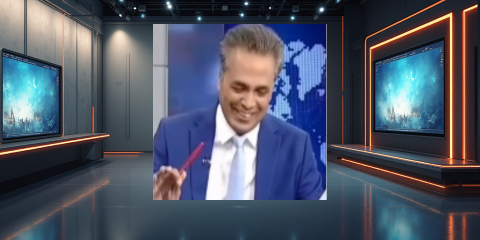
November 01, 2025: A viral Samaa TV clip featuring MNA Sher Afzal Marwat’s crude remarks and Talat Hussain’s laughter raises questions about the declining ethics of Pakistani television.
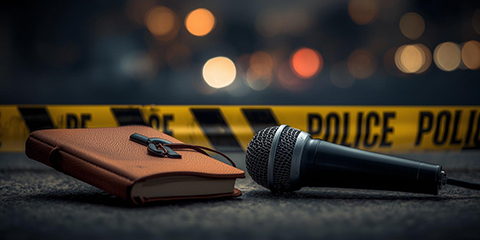
October 31, 2025: Police foiled a plot to kill DawnNewsTV journalist Tahir Naseer in Rawalpindi after arresting suspects hired for Rs200,000. Naseer says threats followed his reporting.
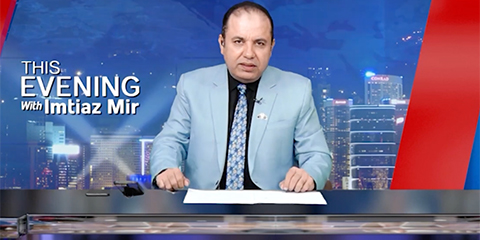
October 31, 2025: CPJ calls on Pakistan to bring Imtiaz Mir’s killers to justice after the journalist was allegedly murdered by a banned militant group in Karachi.

October 30, 2025: The PFUJ has condemned a fabricated drug case against journalist Matiullah Jan, calling it an attempt to silence him and urging authorities to quash the charges immediately.
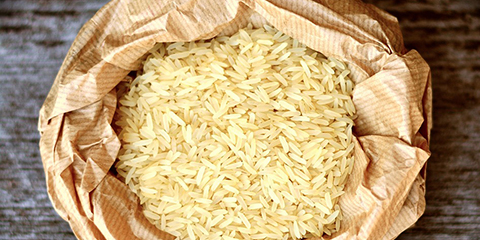
November 03, 2025 Global journalist unions condemn the Indonesian agriculture minister’s lawsuit against Tempo, calling it a threat to press freedom and demanding that the case be withdrawn.

November 02, 2025 Independent outlet All About Macau to halt print and online operations amid rising pressure, financial strain, and legal threats, sparking press freedom concerns in the city.

November 01, 2025 Belarus court jails journalist Siarhei Chabotska for extremism and defaming the president, highlighting Minsk’s ongoing crackdown on press freedom.
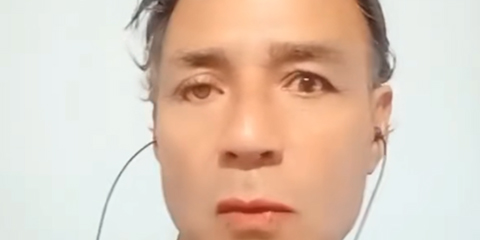
November 01, 2025 Mexican journalist Miguel Angel Beltran was found murdered in Durango. CPJ urges authorities to ensure justice amid rising violence against journalists in Mexico.

November 01, 2025 UNESCO survey finds one-third of media lawyers cannot effectively defend journalists due to threats, limited resources, and lack of specialization.